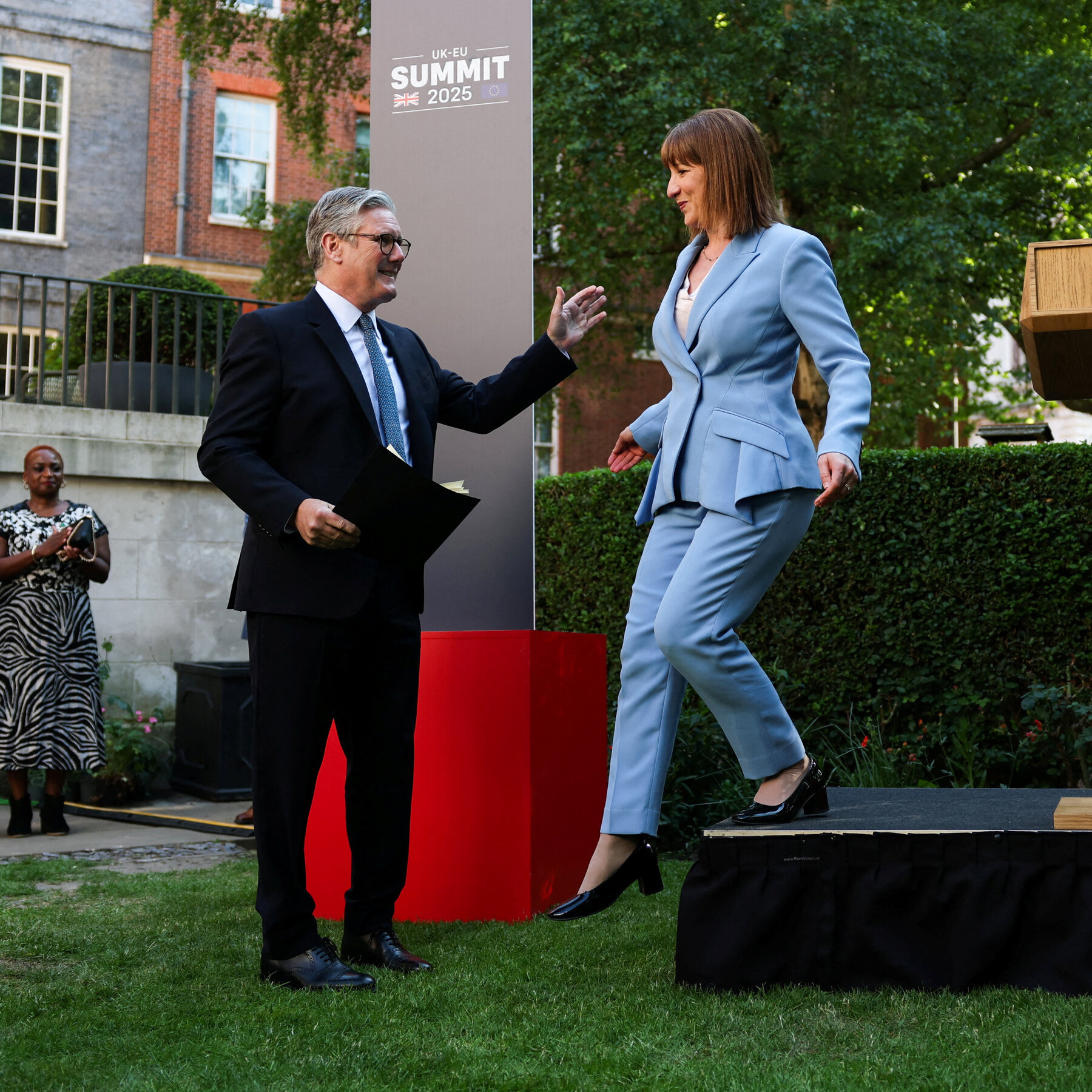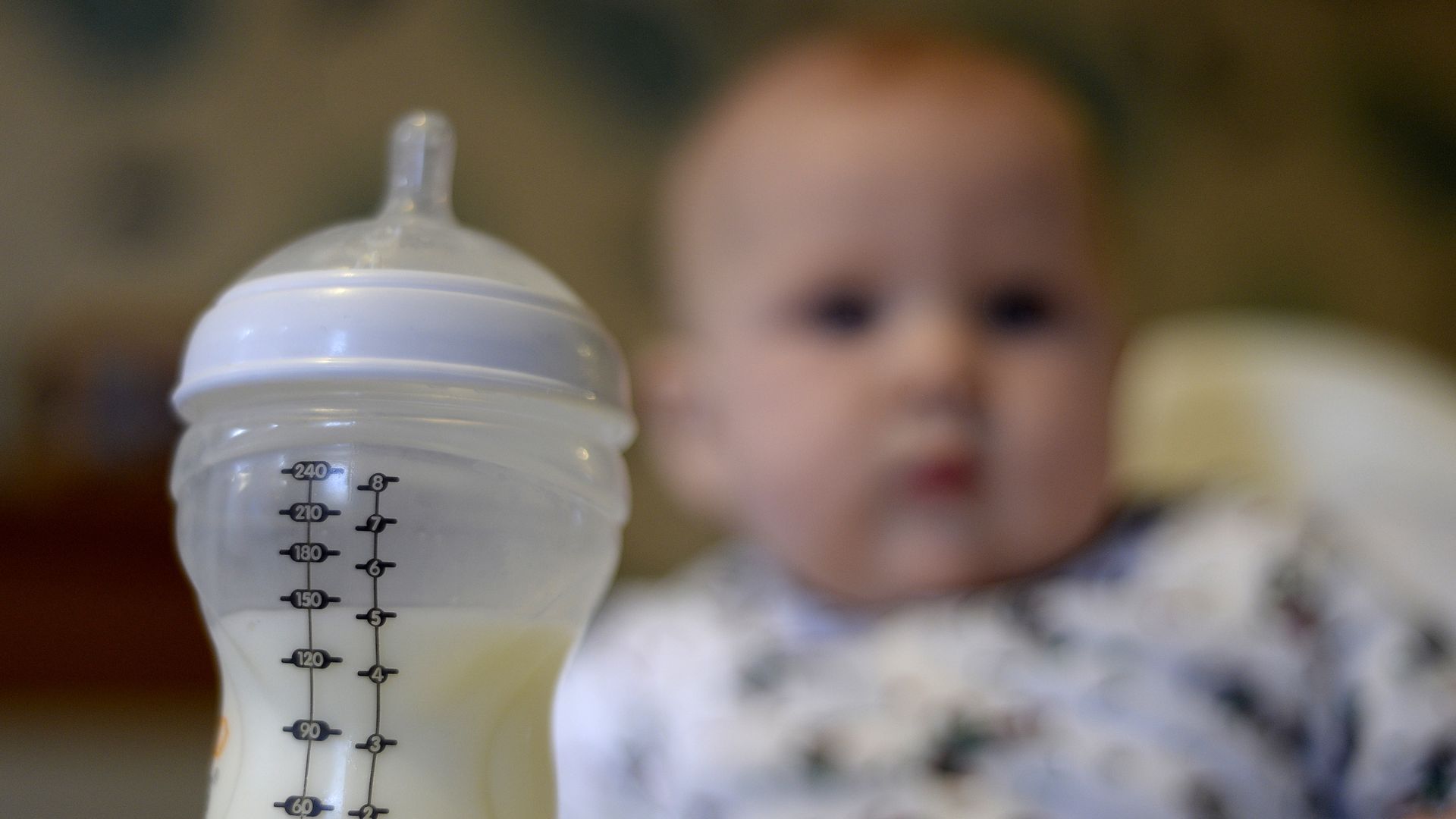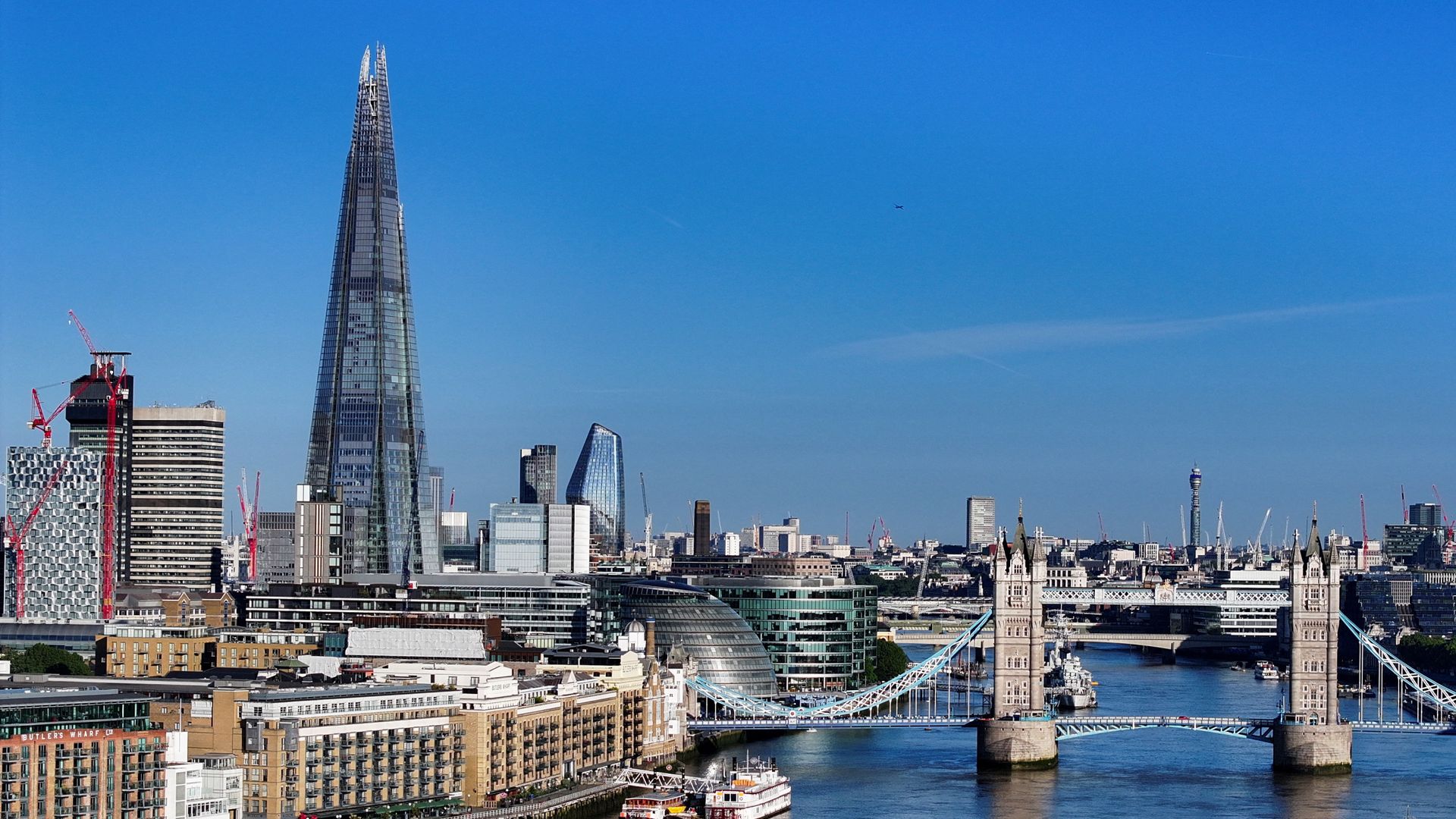
Britain’s Labour Party ended a year in power in misery last week, after Prime Minister Keir Starmer made a U-turn on plans to cut welfare spending and Rachel Reeves, the chancellor of the Exchequer, was caught looking teary-eyed in Parliament.
The second year is already shaping up to be just as challenging.
On Tuesday, the Office for Budget Responsibility, an independent watchdog, said Britain’s public finances were in a “vulnerable position” after a series of major global economic shocks.
Those include President Trump’s volatile trade policies as well as rising geopolitical conflict, which is increasing pressure on European governments to divert more of their budgets to military spending.
Amid this instability, the British government is on a collision course with self-imposed limits on debt and deficits. Mr. Starmer and Ms. Reeves might have to address this by instituting policies that are likely to be unpopular among the public, or face the wrath of investors who are on edge about the government’s commitment to fiscal discipline.
Although some of the challenges were created by the previous government, like a big tax cut for workers, Labour Party officials have compounded the problem by making ambitious promises to bolster public services, ensure Britain has the fastest-growing economy in the developed world and keep certain taxes steady.
“It’s a bad hand played in a mediocre fashion,” said Ben Zaranko, an economist at the Institute for Fiscal Studies. “And it’s just a difficult time to be a finance minister.”
Limited options for Rachel Reeves
Richard Hughes, the chair of the Office of Budget Responsibility, said on Tuesday that “the scale of the array of risks to the fiscal outlook remains daunting,” as he laid out many long-term challenges, from the cost of state pensions to climate change.
In the meantime, Ms. Reeves faces a set of unenviable choices: Raise taxes, even though they are already at historically high levels; cut spending, which would further strain public services; or borrow more, although Britain’s debt is nearly equal to its economy and interest rates are relatively high.
To stick to her rules about reducing debt levels and not borrowing for day-to-day government spending, the chancellor will probably need to raise taxes or cut spending in the fall. But raising taxes substantially will be hard without breaking campaign promises, and spending cuts have repeatedly been torpedoed by rebels within the Labour Party.

Bond investors react
The sight of Ms. Reeves visibly upset in Parliament last week while sitting behind Mr. Starmer, who failed to guarantee the security of her job, set off speculation about her position.
But the market’s verdict was swift: Keep the chancellor in place. The pound dropped, and yields on government bonds shot up, increasing the government’s already high borrowing cost, on concerns that she would be replaced.
Ms. Reeves had campaigned on a promise to have “ironclad discipline” over the public finances, lest Britain experience a repeat of the turmoil that ended the premiership of Liz Truss, who tried to carry out unfunded tax cuts. That commitment has made Ms. Reeves unpopular with some of the public and even members of her party, but in financial markets, there is little appetite to see someone controlling the purse strings who may have a looser commitment to sticking to the strict fiscal rules.
Mr. Starmer spent the next few days publicly backing Ms. Reeves, who said she was upset in Parliament because of a personal issue, but did not elaborate. But she acknowledged that turning around the British economy, which has been growing only slowly for more than a decade, was a “tough job.”

Wiggle room is whittled away
Britain has little room to deviate from its plans to bring down debt levels, but Ms. Reeves must do something. Last week’s reversal on welfare reform legislation means the Treasury will lose out on about 5.5 billion pounds, or $7.5 billion, a year by 2030. Plus an earlier decision to reinstate payments to retirees for their fuel bills in winter has also cost the Treasury more than £1 billion.
That eliminated much of the room Ms. Reeves had before breaking her fiscal constraints, which was relatively small to begin with. The Office for Budget Responsibility’s forecast had been optimistic compared with others, but many economists expect the watchdog to cut its economic growth and productivity expectations in the fall, adding strain to the public finances.
“The combination of welfare U-turns and a likely economic growth downgrade means that the public finances are likely to look far worse at the time of the next budget,” said Ruth Curtice, the chief executive of the Resolution Foundation, a think tank that focuses on living standards.
It will be difficult for Ms. Reeves to cut spending, partly because she recently set out Britain’s spending plans for the next few years. After months of tough negotiations, unraveling those agreements with government departments looks unlikely.
Most analysts say Ms. Reeves is left with one option: to raise taxes. The question remains, for which taxpayers?

Pushback on tax increases
Before the election, the Labour Party ruled out raising taxes on “working people” or increasing corporate taxes, essentially vowing not to touch the four taxes that make up three-quarters of tax revenue.
Ms. Reeves already raised the levy that businesses pay on employee wages, which the Bank of England said was starting to result in lower wage increases and employment. It would be difficult to get businesses to shoulder the burden again.
That leaves smaller changes that target fewer people, a strategy that has already been challenging. Recent changes to inheritance tax rules on farms, for example, and the addition of a value-added tax to private-school tuition fees led to small but intense backlashes. Ending favorable tax rules for the foreign incomes of British residents whose permanent home is outside Britain has also been linked to an exodus of wealthy people.

A ‘need to be bolder’
Ms. Curtice of the Resolution Foundation said the chancellor should not rule out increasing personal taxes. Ms. Reeves could freeze the thresholds at which different rates of personal income tax apply. The move, established by Rishi Sunak when he was chancellor, does not raise the headline tax rates, but over time, more people end up paying taxes in higher brackets.
But Ms. Reeves “might need to be bolder and explicitly break manifesto commitments if she needs really big sums of money,” Ms. Curtice said.
The move is likely to be unpopular, but it would build more clearance for Ms. Reeves and avoid the speculation of higher taxes that arises every six months when the Office of Budget Responsibility publishes its new forecasts on the economy and public finances.
“There’s no good options necessarily from this point, given that things are getting worse,” said Mr. Zaranko, the economist. “But I don’t know that doing more of the same is necessarily a recipe for success.”










-3.png)



